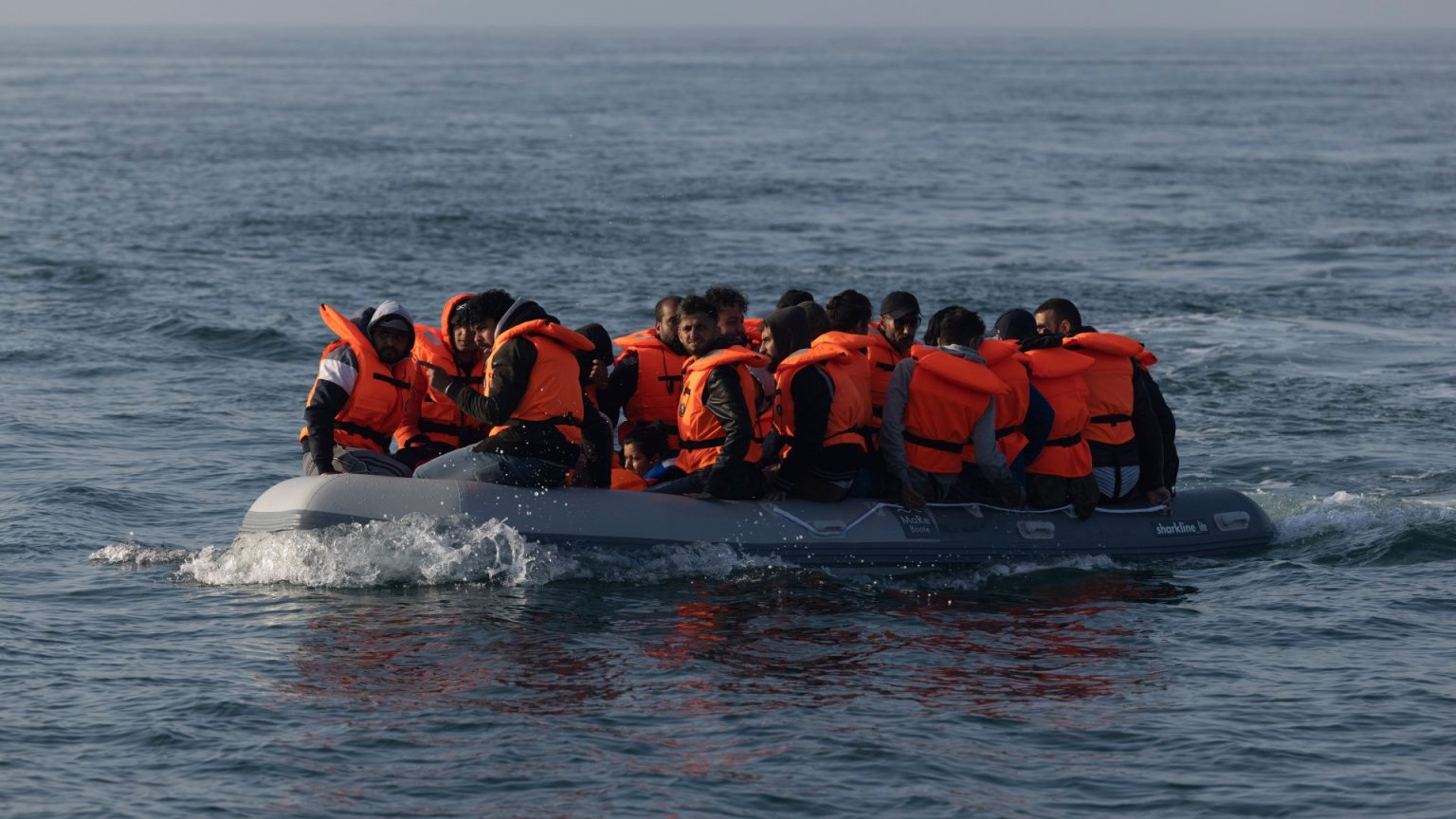The political landscape in the United Kingdom is currently dominated by a heated debate surrounding immigration, particularly the influx of migrants arriving via small boats across the English Channel. The Conservative Party has launched a sharp attack on the Labour Party, led by Sir Keir Starmer, accusing them of losing control of the nation’s borders. They point to a significant increase in small boat arrivals – approximately 29% – since Labour assumed power. This translates to 23,242 recorded crossings between July and December, a substantial rise from the 18,004 crossings during the same period the previous year. The Tories attribute this surge to Labour’s abandonment of the controversial Rwanda deportation policy, which they argue acted as a deterrent against illegal immigration. This escalating situation has fueled public anxiety and intensified political tensions.
The core of the Conservative argument centers on the alleged failure of Labour’s immigration policies. Shadow Home Secretary Chris Philp has been particularly vocal, highlighting a threefold increase in illegal arrivals in December compared to the same month the previous year. He labels this a direct “insult to the British people” and accuses Labour of losing control of the borders. Philp underscores the National Crime Agency’s prior warning about the need for a strong deterrent like the Rwanda policy, emphasizing that law enforcement alone wouldn’t suffice. He criticizes Labour’s decision to scrap the policy as a “catastrophic mistake” that has directly contributed to the current surge in crossings.
The Home Office, echoing the Conservative position, emphasizes the inherent dangers of small boat crossings, highlighting the risks to human life and the undermining of border security. They condemn the callous exploitation of vulnerable people by organized criminal gangs operating these perilous journeys, stressing their commitment to dismantling these networks and bringing those responsible to justice. The government’s stance reflects a determination to address the issue robustly, emphasizing both security and humanitarian concerns.
Adding fuel to the fire, Angela Rayner, Labour’s Deputy Leader, faced intense scrutiny over the party’s housing plans and their ability to accommodate a potential influx of 2.5 million new migrants. This figure, cited by critics, has sparked concerns about the strain on public services and infrastructure. Rayner’s struggle to provide a clear and convincing response further intensified the debate, highlighting the complex challenges associated with managing migration and its impact on various aspects of society.
The ongoing debate about immigration reveals deep divisions within British society. While the Conservatives advocate for stricter border controls and deterrent measures, critics argue that such policies are inhumane and ineffective. They highlight the desperate circumstances forcing many to risk their lives crossing the Channel and call for more compassionate and comprehensive solutions. The debate also raises fundamental questions about the UK’s role and responsibilities in the global refugee crisis.
The clash between the two main political parties reflects the broader struggle to find effective and ethical immigration policies. The complexities of the issue, coupled with the emotional and political baggage it carries, make finding common ground a significant challenge. As the situation continues to unfold, the debate will undoubtedly remain a central theme in British politics, shaping public discourse and influencing policy decisions for the foreseeable future. The need for a balanced and sustainable approach, one that respects both national security and humanitarian principles, is increasingly apparent.











